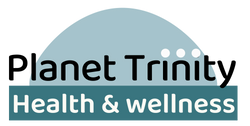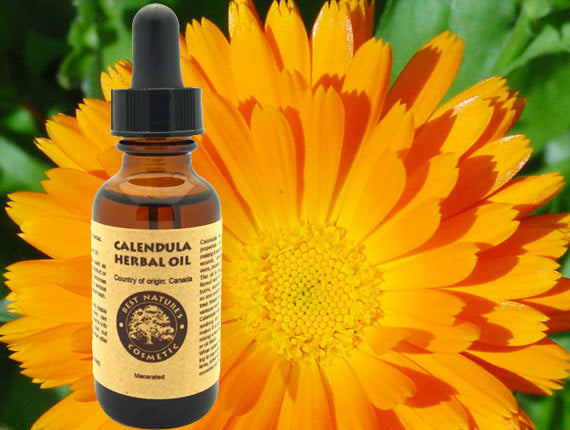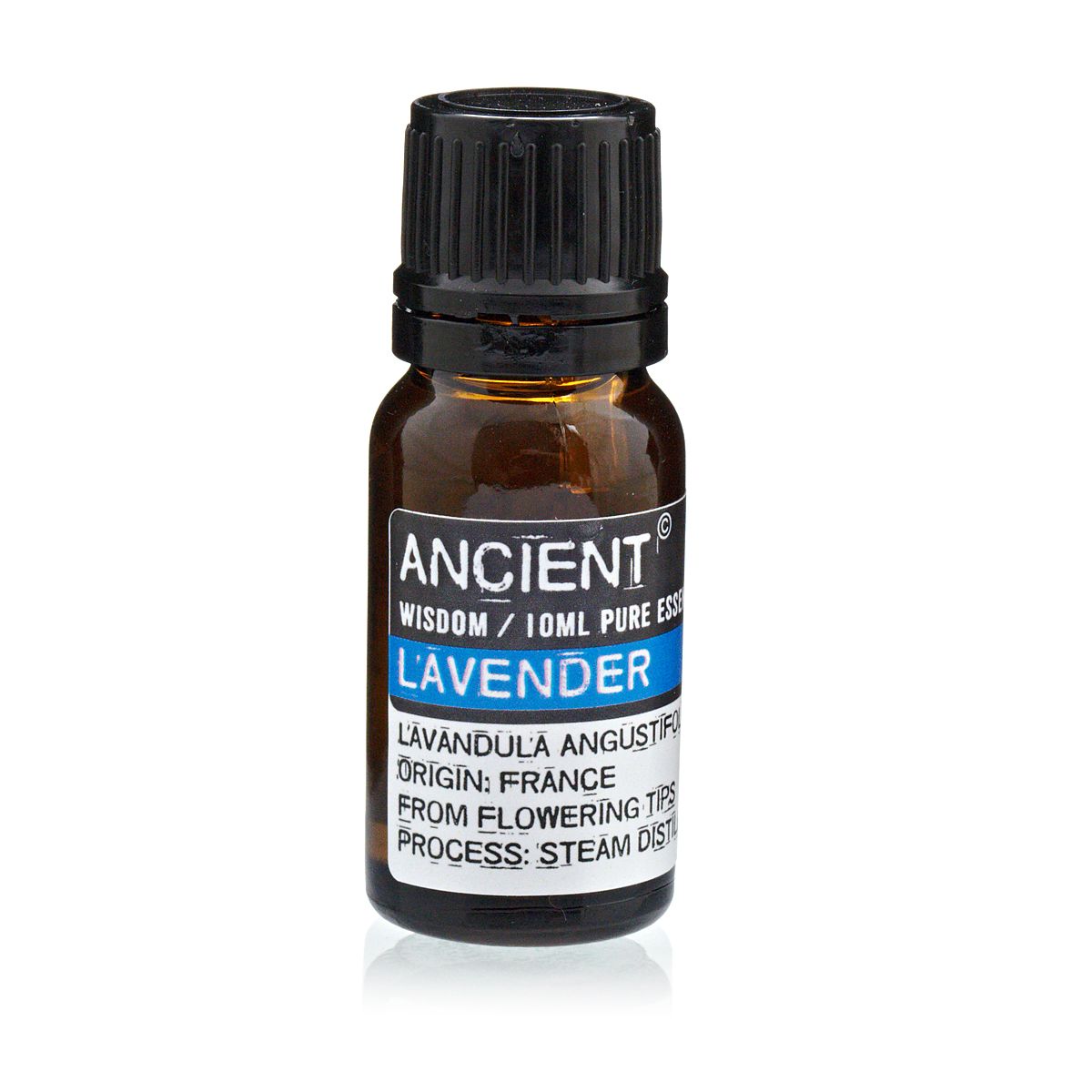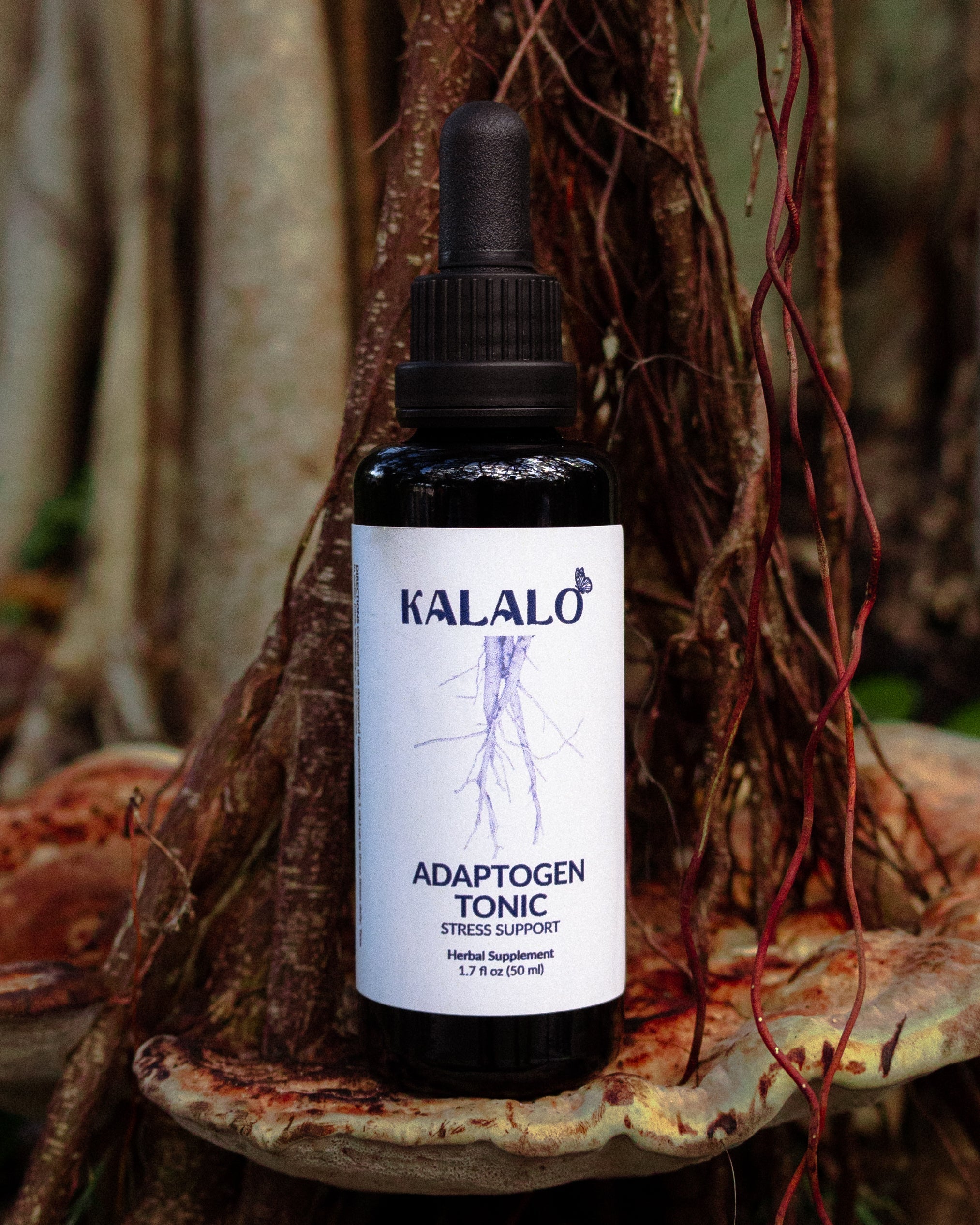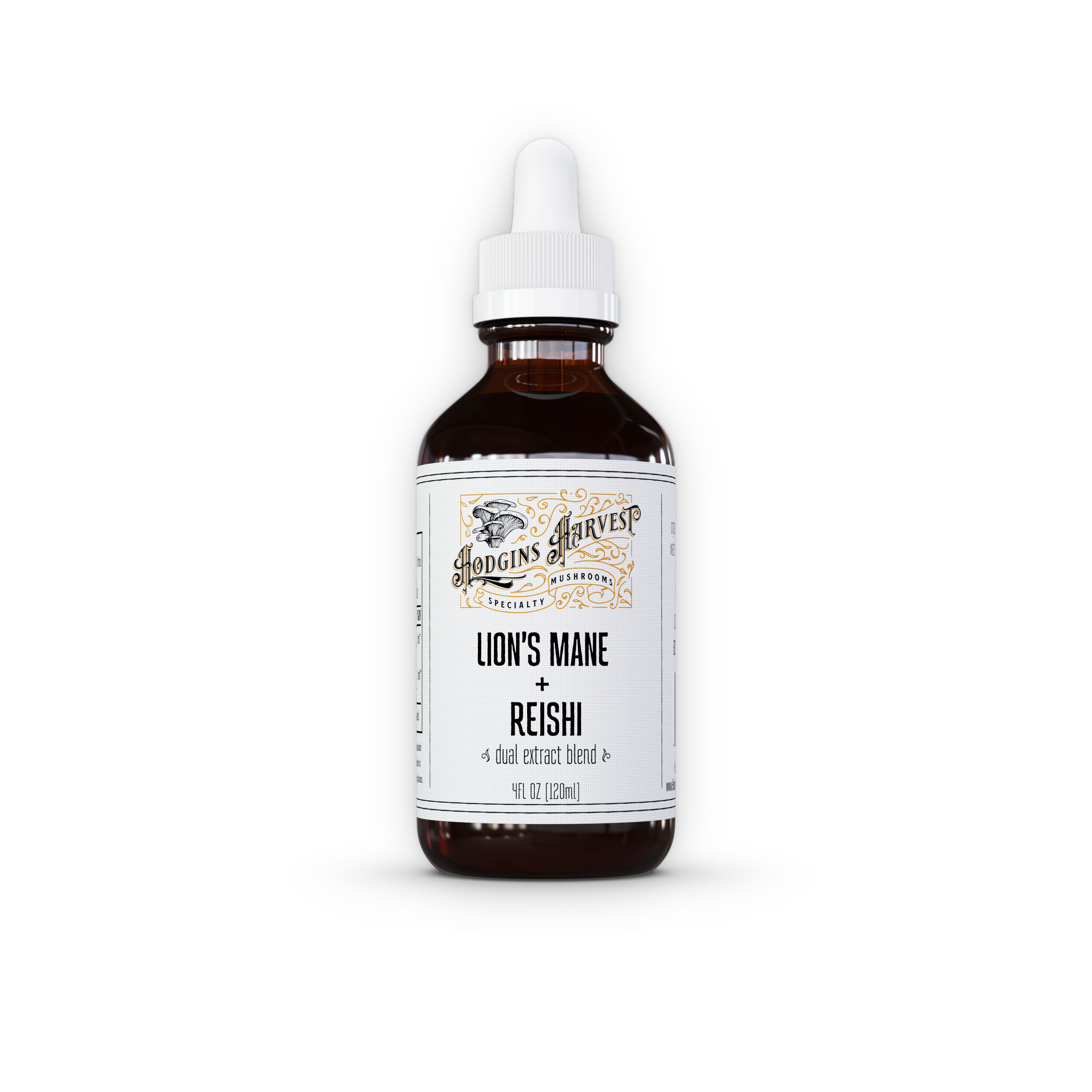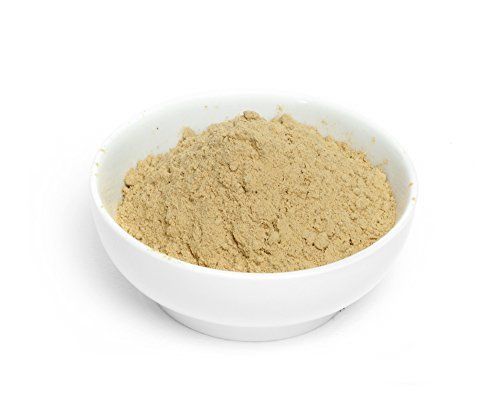
While standard medical treatments such as surgery, chemotherapy, radiation, and targeted therapies are fundamental in managing breast cancer, adopting a nutrient-rich diet and targeted supplementation can enhance overall health, strengthen the immune system, and help mitigate treatment side effects. Although these strategies do not cure cancer, they can support your body’s resilience and improve your quality of life during and after treatment.
This guide provides evidence-based insights into essential nutrients, supplements, and dietary practices to bolster your healing journey.
Key Vitamins and Nutrients for Breast Cancer Support
1. Vitamin D3
- Role: Regulates immune function, influences cell growth, and may be associated with improved prognosis.
- How it works: Activates vitamin D receptors on immune cells and related tissues, promoting a balanced immune response and apoptosis of abnormal cells.
- Sources & Dosage: Sun exposure, fortified foods, fatty fish; supplement with 2000–4000 IU daily after consulting your physician.
2. Omega-3 Fatty Acids (EPA & DHA)
- Role: Reduce inflammation, support cell membrane health, and may limit cancer progression.
- How it works: Modulate inflammatory pathways and inhibit proliferation of cancerous cells.
- Sources: Fish oils, flaxseed, chia seeds; typical dose 1000–3000 mg daily.
3. Selenium
- Roles: Supports antioxidant enzyme activity, DNA repair, and immune response.
- How it works: Neutralizes free radicals, reducing oxidative stress linked to cancer progression.
- Sources: Brazil nuts, seafood, supplements; 55–200 mcg daily.
4. Vitamin C
- Role: Antioxidant that can protect healthy cells during treatments like chemotherapy.
- How it works: Neutralizes free radicals and may improve immune response.
- Sources & Dosage: Citrus fruits, berries; 500–2000 mg daily under medical supervision.
5. Vitamin E
- Role: Supports immune function and cell membrane integrity.
- How it works: Acts as a lipid-soluble antioxidant, reducing oxidative damage.
- Sources: Nuts, seeds, spinach; doses 100–400 IU daily.
6. Curcumin (Turmeric Extract)
- Role: Anti-inflammatory, antioxidant, and possibly anti-tumor properties.
- How it works: Modulates pathways related to inflammation and cell cycle regulation.
- Usage: 500–1000 mg daily, preferably with piperine for absorption.
7. Probiotics
- Role: Balance gut microbiota, supporting immune function and reducing inflammation.
- Sources: Kefir, yogurt, probiotic supplements containing Lactobacillus and Bifidobacterium strains.
- Usage: Daily intake as recommended on the product label.
8. Magnesium
- Role: Supports nerve and muscle function, reduces fatigue, and enhances detoxification.
- Sources & Dosage: Nuts, seeds, dark leafy greens; 200–400 mg daily (magnesium citrate or L-threonate are highly bioavailable options).
9. Zinc
- Role: Promotes immune function and tissue repair.
- Sources & Dosage: Oysters, pumpkin seeds; 15–30 mg daily.
10. Alpha-Lipoic Acid
- Role: A potent antioxidant that regenerates other antioxidants and protects cells from oxidative damage.
- Dosage: 300–600 mg daily.
Dietary Tips for Supporting Breast Cancer Recovery
-
Emphasize Plant-Based Foods:
Incorporate plenty of colorful fruits and vegetables rich in antioxidants, phytochemicals, and fiber—think berries, spinach, broccoli, carrots, and tomatoes. -
Include Cruciferous Vegetables:
Broccoli, cauliflower, cabbage, and kale contain sulforaphane, which has been researched for its potential to inhibit cancer cell growth. -
Choose Healthy Fats:
Use extra-virgin olive oil, avocado, and omega-3-rich foods like wild salmon, sardines, or algae oils instead of processed fats. -
Limit Processed and Red Meats:
These are linked with increased inflammation and cancer risk; opt for lean proteins like fish, poultry, and plant-based sources. -
Reduce Sugar and Refined Carbohydrates:
High sugar diets promote inflammation and insulin resistance, which may influence cancer progression. -
Stay Hydrated & Limit Alcohol:
Proper hydration supports detoxification, and reducing alcohol intake is crucial, as alcohol can increase breast cancer risk.
Lifestyle Strategies to Enhance Nutritional Benefits
Optimizing your diet and supplements is essential, but integrating healthy lifestyle habits can significantly amplify their effectiveness and support your overall recovery. Here are practical strategies to help you get the most out of your nutritional routine and promote healing:
1. Engage in Regular Physical Activity
- Benefits: Exercise stimulates blood circulation, boosts immune function, reduces inflammation, and promotes cellular repair—all vital for recovery.
- Tips: Incorporate moderate activities like walking, yoga, or swimming several times a week. Tailor your routine to your energy levels and medical guidance.
2. Prioritize Stress Management
- Benefits: Chronic stress can impair immune function, increase inflammation, and hinder healing. Managing stress enhances your body’s capacity to recover.
- Tips: Practice meditation, deep breathing, or mindfulness exercises daily. Engage in relaxing hobbies or spend time in nature to support mental well-being.
3. Ensure Adequate Sleep
- Benefits: Sleep is critical for tissue repair, detoxification, and hormonal balance. Poor sleep can diminish the benefits of your nutritional efforts.
- Tips: Aim for 7-9 hours of quality sleep per night. Create a calming bedtime routine, limit screen time before bed, and maintain a consistent sleep schedule.
4. Stay Well-Hydrated
- Benefits: Proper hydration supports detoxification, nutrient transport, and cellular health.
- Tips: Drink plenty of water throughout the day; include herbal teas and mineral-rich beverages. Limit sugary drinks and caffeine.
5. Avoid Toxins and Irritants
- Benefits: Reducing exposure to environmental toxins and processed foods minimizes inflammation and supports detox pathways.
- Tips: Use natural cleaning and personal care products, avoid smoking, and limit alcohol consumption.
6. Practice Mindful Eating
- Benefits: Being present during meals improves digestion, nutrient absorption, and helps you recognize true hunger cues.
- Tips: Eat slowly, chew thoroughly, and savor your food without distractions. Focus on whole, unprocessed foods.
7. Build Supportive Social and Emotional Connections
- Benefits: Positive relationships and emotional health improve immune function and reduce stress hormones.
- Tips: Engage with supportive friends, join wellness or support groups, and consider therapy or counseling if needed.
Integrating these habits into your daily routine can supercharge your healing process and help you feel more empowered on your wellness journey. Small, consistent lifestyle choices complement your nutritional plan and create a resilient foundation for recovery.
Final Thoughts
Supporting breast cancer health with targeted nutrition and lifestyle choices can bolster your body’s natural defenses, improve quality of life, and potentially enhance treatment outcomes. Focus on consuming a diverse array of fruits, vegetables, lean proteins, and healthy fats while supplementing with key nutrients like vitamin D, omega-3s, selenium, and antioxidants—always under the guidance of your healthcare team.
Remember: Nutrition is a complementary approach and should never replace your prescribed treatments. Consult with your oncologist, dietitian, or integrative medicine specialist to develop a personalized plan tailored to your unique needs.
Key Takeaways:
- Prioritize a nutrient-dense, anti-inflammatory diet.
- Incorporate evidence-supported supplements like vitamin D, omega-3s, and curcumin.
- Avoid processed foods, excess sugar, and alcohol.
- Adopt healthy lifestyle habits: regular exercise, stress management, and adequate hydration.
- Stay vigilant with medical guidance, and view diet and supplements as supportive tools for your healing journey.
Embrace this holistic approach with patience and compassion—your body’s resilience and strength can be nurtured through nourishing choices each day.
